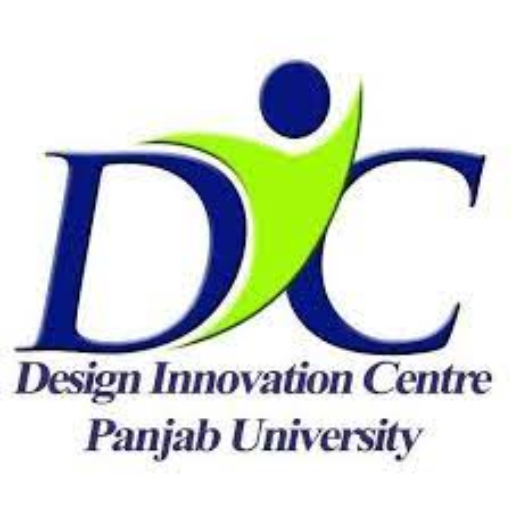
Meet the Team
Introduction: Active Transradial Bionic Prosthetic Arm
Problems:
People with prosthetics find it difficult to resume their activity as the prosthetic arm does not move according to the patient. After suffering arm amputation, the category of workers formerly employed for heavy work change their profession as arm does not support industrial work such as machining, processing, construction.
Achievements
- Patent published.
- DST-SERB grant of Rs. 37.95 Lacs
Technology Stack
- Microcontroller:
- 1) ESP32
- Bio-Signals:
- 1) Electroencephalography (EEG)
- 2) Electromyography (EMG)
- Manufacturing Technology:
- 1) 3-D Printing
Motive:
To design and develop a fully functional patient specific 3D printed transradial bionic prosthetic arm, capable of identifying gestures to be performed by the wearing amputee, through a hybrid signal acquisition system with EEG cap and EMG sensors integrated on the arm band and performing those with high accuracy and low latency while simultaneously providing force feedback through Haptic feedback system to the wearer for better integration and control. For amputees, a 3D printed active transradial bionic prosthetic arm would be a reliable, consistent, and convenient artificial limb.
Features:
Integration of haptic feedback in the prosthetic would assist the user in better control, giving the feeling of a natural arm.
Being a non-invasive prosthetic, it avoids all risks of surgery. It can be easily removed when not required and comes with chargeable batteries which can be replaced too.
The armband which contains the sensors will provide better hand movement and ease of access and mobility.
The quality of one’s life will be improved with the introduction of artificial prosthetics.
The prosthetic uses bio-friendly material and is a custom fit hence will not cause damage or irritation for the user/patient.
Once the research study is completed, the technology will be transferred to the government bodies, hospitals and defence personnel to further increase the scalability of bionic arms.
Information
- Name of the Department: UIET, Panjab University
- Name of Project: Design Innovation Centre(DIC)
- Name of Group : Medical Devices and Restorative
Technologies (MDaRT) - Partners: SERB-DST, PGIMER, NTU-UK


